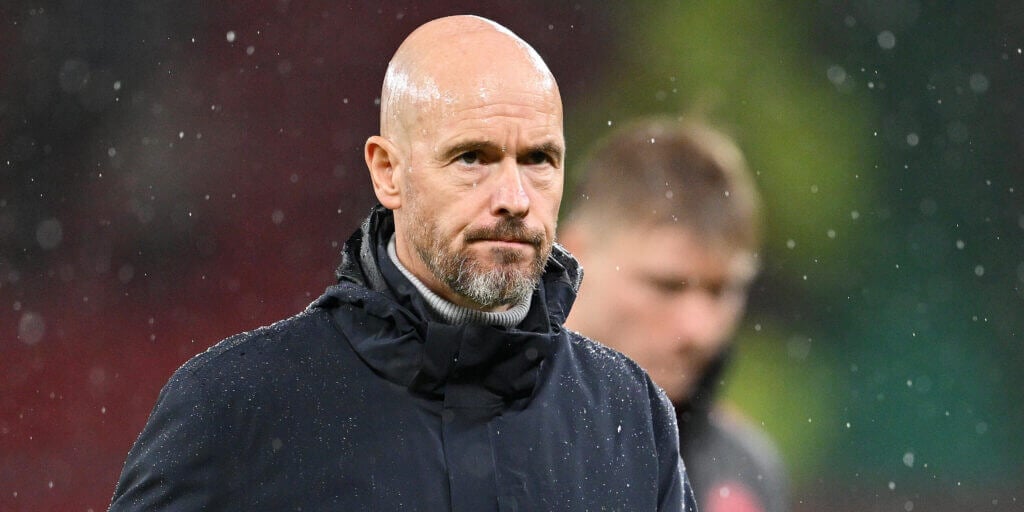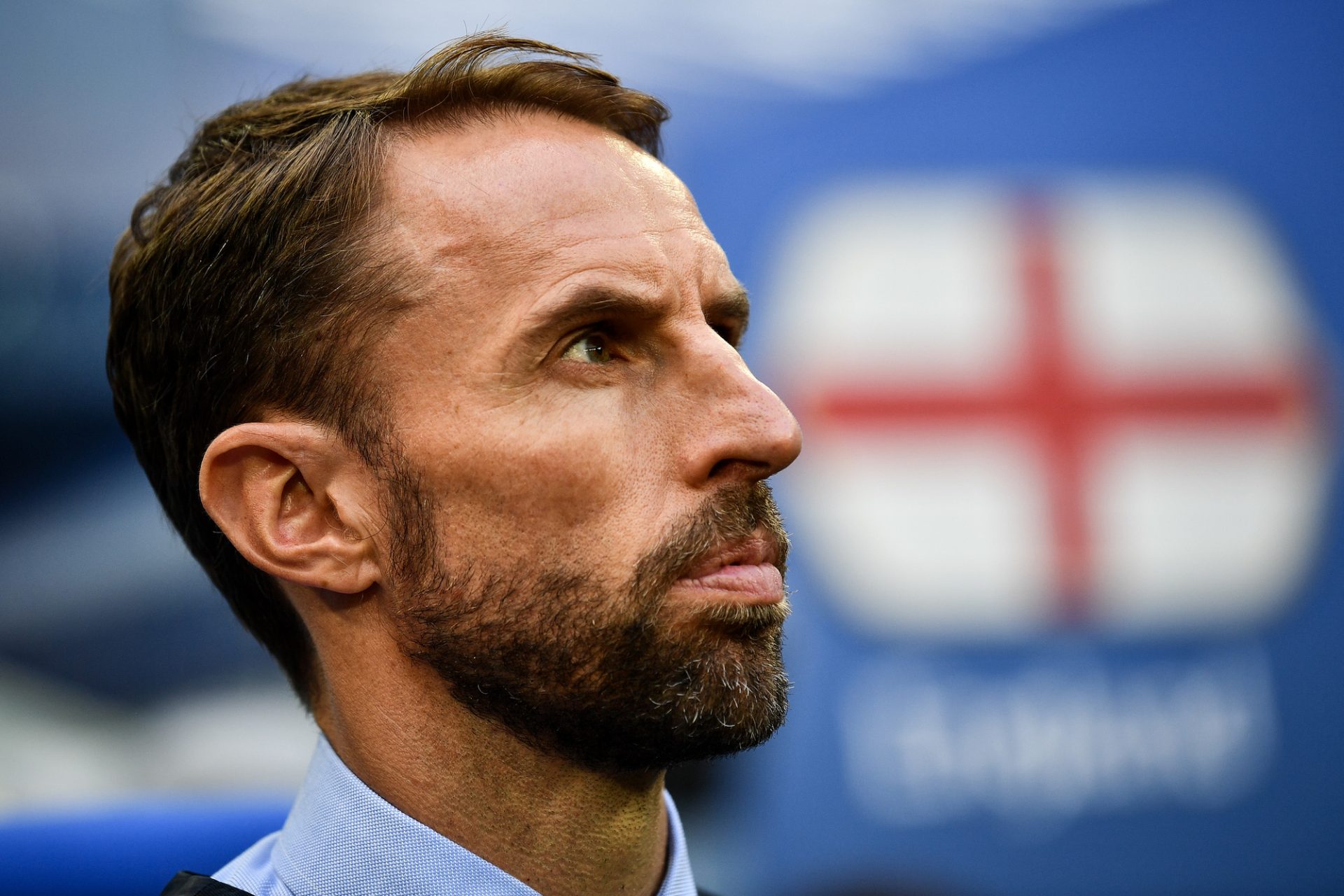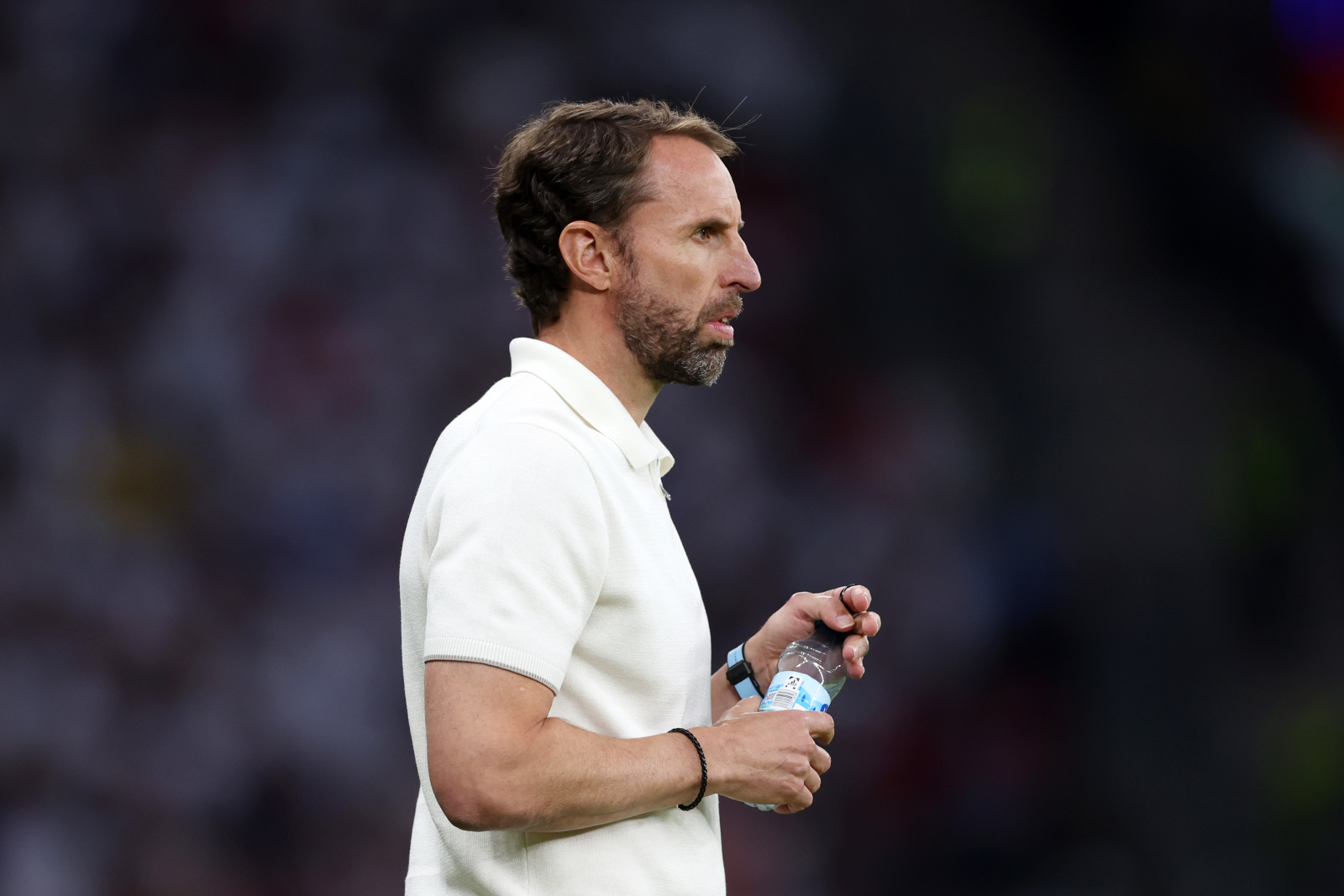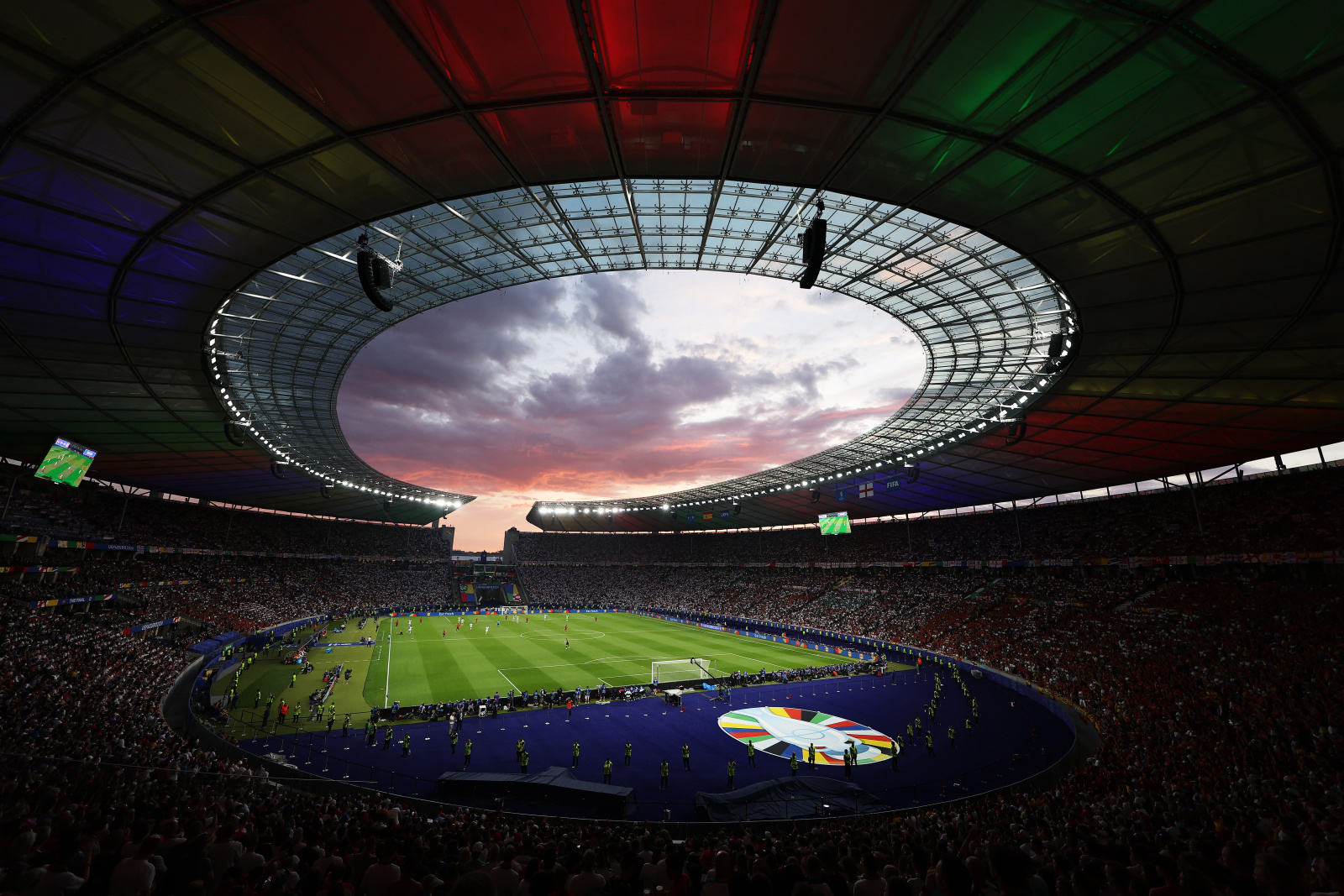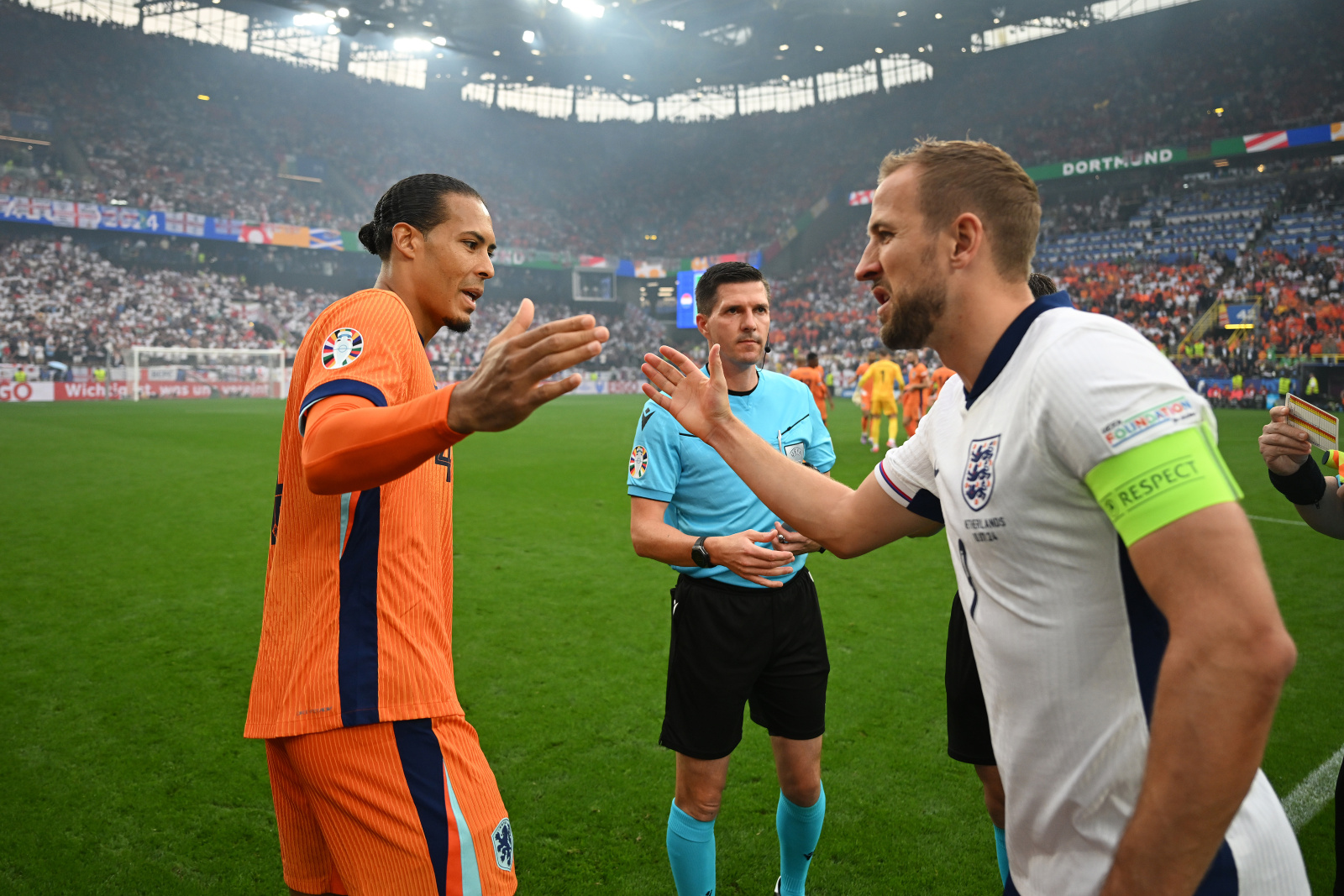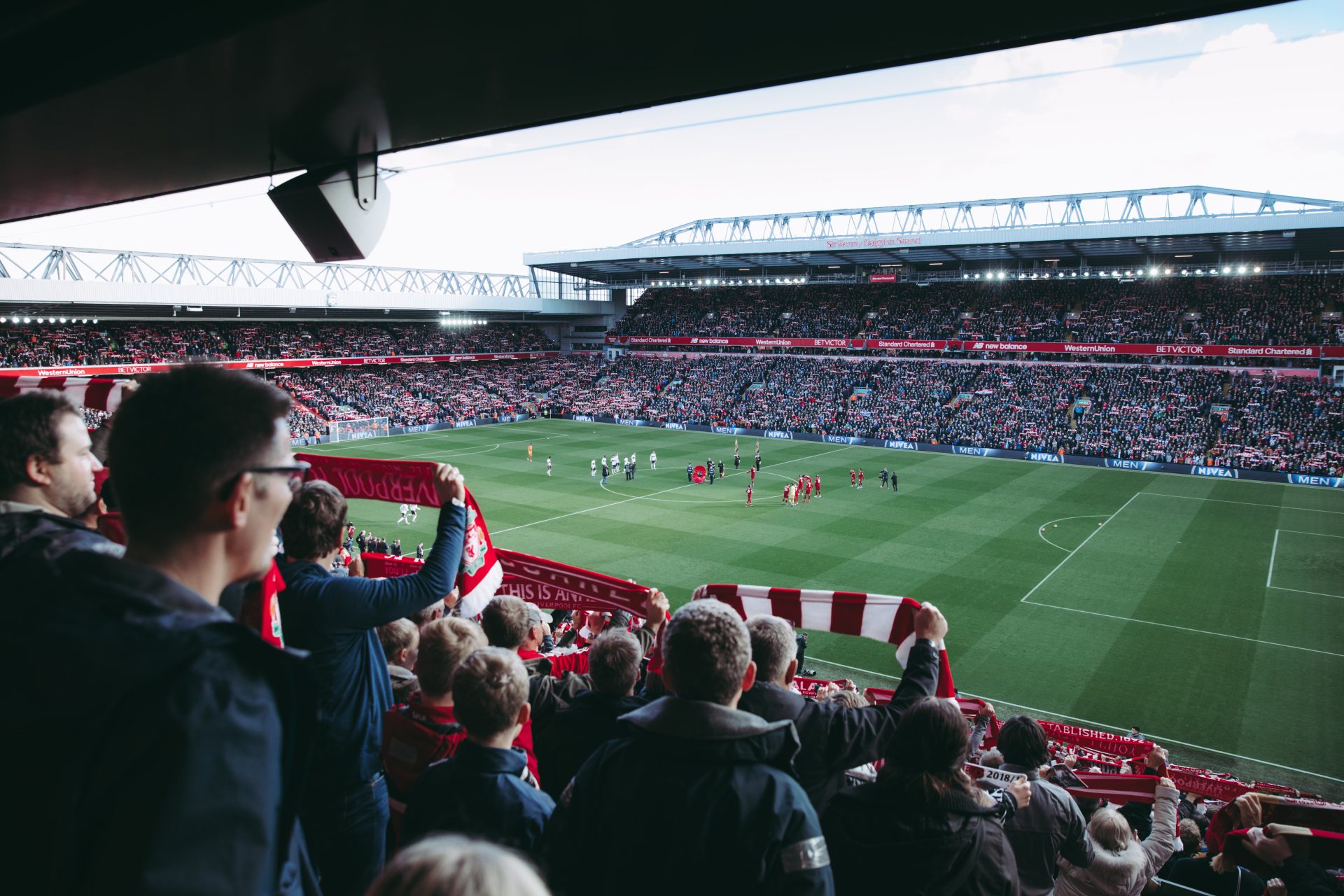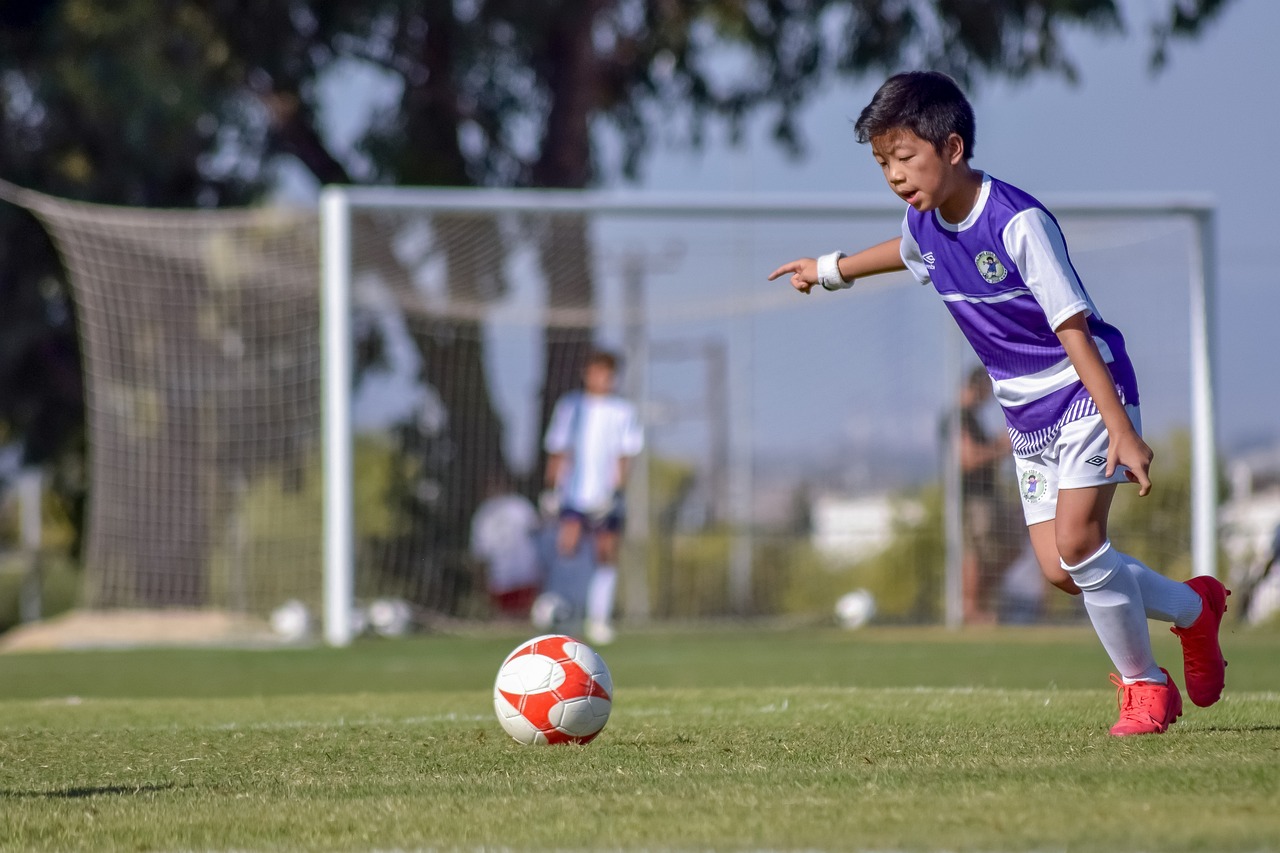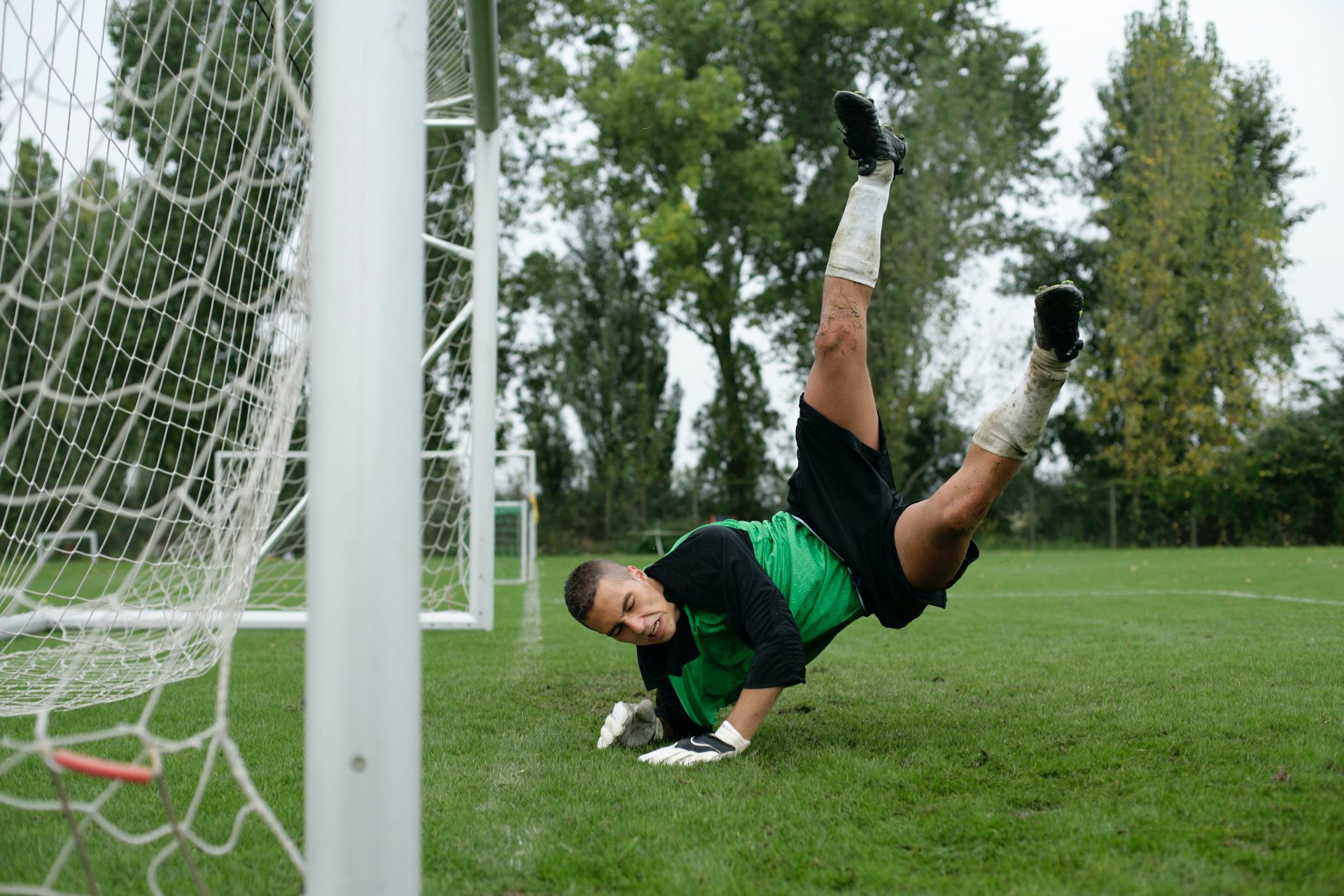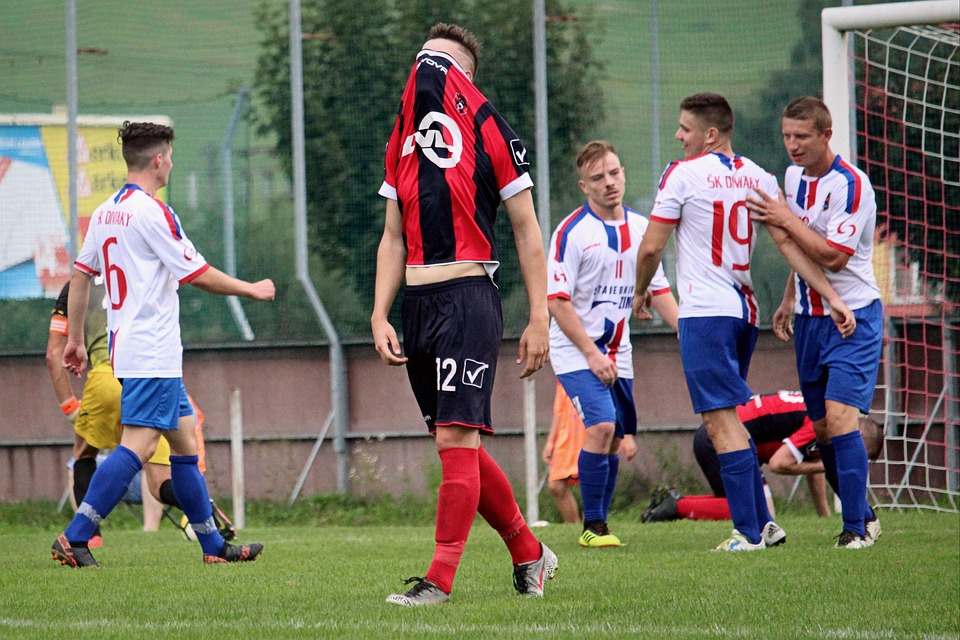Who is Known as the Father of Soccer? Unveiling the Game’s Pioneering Influencer


Table of Contents
The identity of the “Father of Soccer” is often associated with Ebenezer Cobb Morley, an English sportsman fundamental in shaping the sport as it is known today. While soccer’s roots can be traced back to varied forms of ancient ball games played across different cultures, it was Morley’s significant contributions during the nineteenth century that led to the establishment of the standardized rules that underpin modern soccer. He was a central figure in founding The Football Association (FA), the sport’s first governing body, and he played a key role in drafting the original 13 rules of the game in 1863.
Soccer, or football as it is referred to outside North America, has since grown to become one of the most popular sports worldwide. The codification of soccer not only unified various regional games that were played across Britain but also facilitated its spread across the globe. The sport’s simplicity and the minimal equipment required for play have been influential in its widespread adoption and enduring appeal.
As soccer continues to command a fan base into the billions, it remains an integral part of cultural identities and communities around the world, transcending social and national divides. The FA’s rules have been adopted and adapted, but Morley’s vision of a coherent and regulated game endures, affirming his legacy in the global reach and universal love for the sport of soccer.
Origins and Early History
Soccer’s roots span centuries and continents with various forms of the game played by ancient civilizations. This section explores soccer’s earliest forms and the structured development that led to the sport we know today.
Ancient Beginnings
Evidence of soccer-like activities can be found in numerous ancient cultures. In China during the Han Dynasty (206 BCE – 220 CE), a game known as cuju involved kicking a ball through an opening into a net without the use of hands. Ancient Greeks participated in a similar game called episkyros, where players used both their hands and feet, suggesting a shared interest in ball games with varying rules across cultures. The Romans played harpastum, a game drawing on both Greek and Chinese influences.
Codification of Rules
Soccer’s modern foundation was laid in England with the formation of the Football Association (FA) in 1863. It was this organization that standardized the rules for the sport, distinguishing it from other ball games played at the time, such as rugby. These new regulations formalized the game and limited the use of hands, paving the way for the development of soccer as it is known internationally.
Father of Modern Soccer
The recognition of Ebenezer Cobb Morley as the father of modern soccer underscores his pivotal role in shaping the sport. His contributions were instrumental in standardizing rules and establishing a governing body to oversee the game.
Ebenezer Cobb Morley
Ebenezer Cobb Morley was born on 16 August 1831 in Hull, England. He founded Barnes Football Club in 1862, and his significance to the sport stems largely from his role as the first secretary of the Football Association (FA), the sport’s governing body in England. In this capacity, Morley’s most lasting impact was his dedication to creating the first standardized Laws of the Game. He drafted a set of rules which, with adaptations, are still used to govern soccer worldwide. These efforts were foundational in transforming soccer from informal local games with varied rules into the structured sport known globally today. His leadership at the Football Association solidified his legacy, confirming him not as the inventor of soccer, but as a key figure in its modernization and formal organization.
Evolution of the Game
The game of soccer has seen substantial development since its early forms, with the formalization of rules and the establishment of leagues marking significant milestones.
Formation of Leagues
The Football League, founded in England in 1888, was the first of its kind, setting the stage for professional play. Its formation brought structure, codifying competitions and fostering professionalism among players. The Premier League, a later evolution in 1992, advanced the sport’s organization, offering increased financial stability and attracting talent worldwide. These leagues laid the groundwork for organized soccer, transforming the sport into a professional and popular spectacle.
International Expansion
FIFA, founded in 1904 to oversee international competitions, has played a central role in soccer’s global growth. Their most prominent tournament, the FIFA World Cup, began in 1930, celebrating international play and has since become a globally anticipated event, enhancing soccer’s reach. The sport’s popularity soared across continents, with Major League Soccer (MLS) becoming the premier league in the United States and Canada in 1996, reflecting soccer’s growth and presence worldwide. International expansion has not only widened the audience but also polished the level of play, with professional players achieving recognition and fame on a global scale.
Soccer as a Global Phenomenon
Soccer’s international reach extends to every corner of the globe, garnering billions of fans and an influential cultural and economic presence. It is a sport that uniquely bridges diverse societies through a common, unifying experience.
Cultural Impact
Soccer has transcended sports to become a significant part of global culture. It has the power to influence national identities and produce icons recognized across the world, such as Lionel Messi. Fans from different countries and continents come together, celebrating with painted faces and jerseys, chanting for their teams. The sight of a leather ball zipping across the grass and the sound of it striking the net ignites emotions in spectators and players alike. The Olympic Games, among other international tournaments, showcase soccer’s ability to foster unity through athletic competition.
During major events like the World Cup, people gather en masse around screens in public places, creating a communal atmosphere. The game inspires terms and everyday language, like “forward thinking” and “goal-oriented.” Children around the globe idolize professional players, aspiring to emulate their skillful dribbling and powerful shots with only their feet and bodies—no hands, unlike in American football.
Modern Professionalism
The evolution of soccer into a professional sport has been marked by increased formalization and the introduction of technologies such as the Video Assistant Referee (VAR). This transition has transformed amateur players into professionally trained athletes who are at the forefront of sports science, nutrition, and strategy.
| Growth Aspect | Description |
|---|---|
| Athletic Training | Rigorous and scientifically backed regimens crafted to enhance players’ performance, focusing on stamina, strength, and agility. |
| Tactics and Strategy | Detailed analysis of gameplay, positioning, and opponent behavior has elevated team coordination and individual expertise. |
| Market Value | Top-tier professionals command significant financial compensation, with their transfers making headlines. |
| Media Coverage | Global broadcasting deals and digital platforms have greatly increased the sport’s reach and the prominence of star players. |
| Regulatory Bodies | Organizations, such as FIFA, oversee the sport’s integrity, enforcing rules and promoting fair play worldwide. |
The professionalism within soccer also has a notable economic impact. Clubs and national teams generate considerable revenue through ticket sales, merchandise, sponsorships, and broadcasting rights. This financial dimension has made soccer not just a sport but an influential global industry.
Governance and Organization
The foundation of soccer’s global structure rests upon its governance and organized systems, which ensure the sport’s consistent and fair play worldwide.
FIFA and Continental Bodies
FIFA, or the Fédération Internationale de Football Association, serves as the international governing body for soccer. Established in 1904, FIFA’s primary responsibilities include overseeing global tournaments, such as the FIFA World Cup, and upholding the laws of the game. The organization aims to support the growth of soccer internationally and maintain the sport’s integrity.
Soccer’s governance extends beyond FIFA to include six continental bodies responsible for managing the sport within their respective regions: AFC (Asia), CAF (Africa), CONCACAF (North and Central America and the Caribbean), CONMEBOL (South America), OFC (Oceania), and UEFA (Europe). These associations implement FIFA’s regulations while catering to the unique needs of their communities.
The Football Association (FA), formed in England in 1863, is recognized as the oldest soccer association and had a pivotal role in standardizing the rules of soccer, including the offside rule. Notably, the FA was responsible for organizing the first international match, marking a significant step toward international cooperation within the sport.
Cambridge University is also credited with significant contributions to the early development of the game’s rules. Meanwhile, Notts County, established in 1862, holds the title of the oldest professional soccer club still in existence. These institutions laid the groundwork for the formal organization and initial growth of soccer that would later be overseen by FIFA and its affiliated continental bodies.

